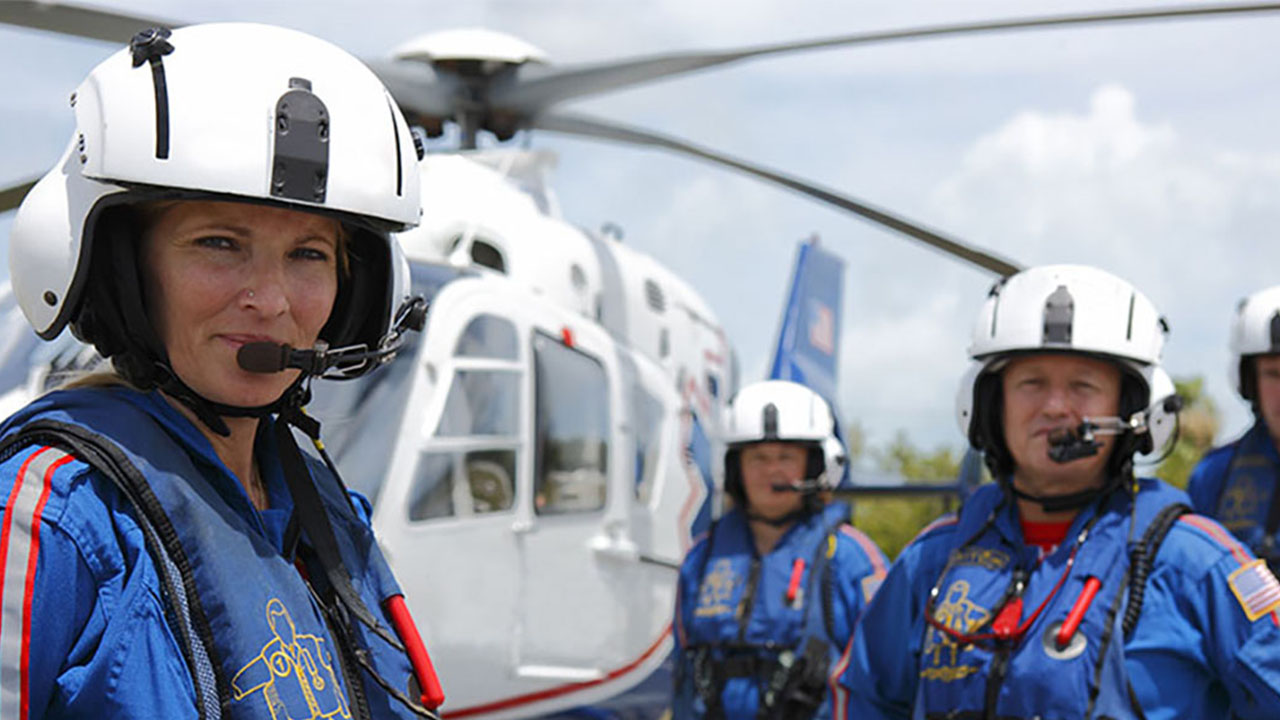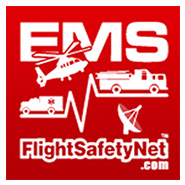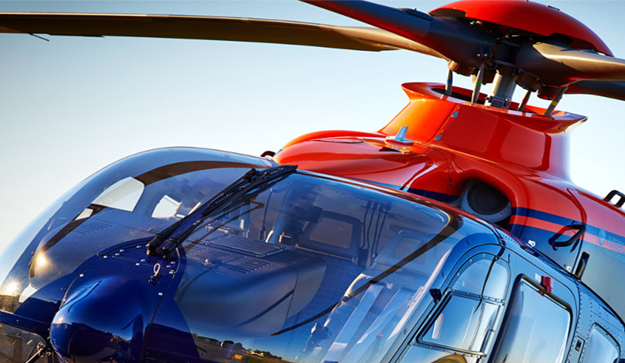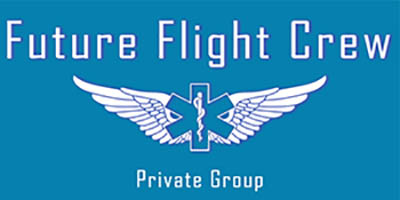—A Paramedic, Nurse and Pilot Survival Guide.
Grace under pressure.
EMS crews are known for it.
EMS crews live it. EMS crews thrive on it.
That’s the reason what I’m about to tell you next, may surprise you . . .
I can strike fear into any seasoned paramedic with two simple words.
Two words.
It’s true, and it’s easy to do.
Want to know the words?
Flight interview.
That’s it. That’s all it takes to get even seasoned paramedics, pilots and nurses hearts racing. Future flight crews fear the flight interview.
Why?
Some fear is the natural byproduct of performance stress. The performance stress we all feel when trying to do our best. This type of fear is healthy and usually beneficial. Everyone who interviews feels some performance based stress and fear.
But flight interviews go well beyond normal performance pressure.
There’s more to flight interviews than most people realize. A lot more.
Flight interviews are different than ‘regular’ interviews.
Why Flight Interviews are Different
What makes a flight interview different?
A flight interview is a process.
A flight interview is a multi-step screening process designed to eliminate over 90 percent of all applicants.
A flight interview is a step all nurses, pilots and paramedics go through to get hired to staff medical helicopters and fixed wing aircraft. I say “process” because that’s exactly what it is.
“There’s more involved in a flight interview than a ‘regular’ interview. Flight interviews ask more of candidates than almost any other professional interview, including other health and aviation interviews.”
Why are flight interviews so demanding? Why are flight interviews setup this way?
In simplest terms, helicopter companies and health systems do it this way because they can.
Understandably, helicopter companies and health systems want to attract and retain the most qualified candidates. Flight interviews are an easy (and cheap) way to screen future flight crews.
Supply and demand is another reason for the current setup of flight interviews.
There are always more people who want to fly than flight jobs.
Employers know this and intentionally build a multi-step screening processes into the flight interview process. Companies try to weed out as many applicants as possible, as early as possible. The weeding out process saves money on training expenses and ideally leads to hiring the best fit for their current flight team.
All that is to say flight interviews are hard.
The end result is many flight interviews have evolved into a three part process:
- Written evaluation
- Skills evaluation
- Traditional Q&A style interview
When you combine the multi-step format with the fact many nurses, paramedics and pilots have little total interview experience, and even less flight interview experience, it’s easy to understand the fear of flight interviews.
This article is about taking some of the stress out of flight interviews.
The article helps prepare you for the traditional question and answer portion of the flight interview process. The whole idea is to move from a position of fear to one of strength and confidence.
How to Eliminate Flight Interview Fear
How do you get rid of flight interview fear?
Easy.
The same way you conquer any fear. The same way you conquered your fear of intubations or autorotations.
Start with knowledge.
“Educate yourself on exactly what to expect in a flight interview and then prepare.”
You now know many flight interviews follow a 3-part process. The focus of this article is helping you prepare for the traditional question and answer phase of the flight interview process.
How do you prepare for the question and answer portion a flight interview?
You know already, right?
You prepare by answering real flight interview questions.
At first this might sound like a nasty catch 22 or cruel joke, right? How are you going to answer flight interview questions when you haven’t flight interviewed yet?
Don’t worry.
It’s not a cruel joke and I definitely got you covered.
Answering practice flight interview questions is critical and you don’t need to supply your own questions. But before I share flight interview questions, I want to be clear . . .
There’s more to getting the Q&A portion of flight interviews right than just the questions.
It also involves everything from body language to eye contact to mirroring to voice inflection — what we call at EMS Flight Safety Network, the gamesmanship of flight interviews. I teach an entire step-by-step course on how to master any flight interview; and it’s too much to cover in this article.
Starting with questions you can expect to hear in a flight interview gives you a very strong start. It puts you ahead of more than 90 percent of your peers.
Starting with flight interview questions makes good sense.
51 Flight Interview Questions
Below are 51 questions to get you started.
51 questions from our database of 643 (and counting) flight interview questions.
51 questions asked of EMS Flight Safety Network coaching students in real flight interviews.
Here are the questions:
- Why did you pick our flight program?
- What made you choose nursing as a career?
- What made you choose nursing as a career?
- Why do you think you’re suited for flight nursing?
- How many flying hours did it take you to get comfortable flying instrument approaches?
- What is your biggest EMS accomplishment?
- Have you ever taught CPR, ACLS, BLS, PHTLS, etc?
- Describe a mistake in your past and how you rectified the situation and behavior?
- Have you ever flown before?
- How many trauma cases do you typically respond to in an average year?
- How does your best / worst EMS partner describe you?
- What would your last supervisor say about you?
- Do you consider yourself a risk-taker?
- Do you think it’s appropriate to take risks in air medical?
- Share an example of how you worked through a conflict with a co-worker.
- Have you taken any special training at your own expense?
- What did you do to prepare for today?
- Do you consider yourself outgoing and approachable?
- Do you believe outreach and marketing is necessary?
- What do you believe is the publics perception of our flight program?
- Have you applied to other flight programs?
- Have you ever reported an unsafe act at work?
- Tell me about a conflict you had with a fellow medic / nurse / pilot.
- Give me an example of you being assertive.
- Do you think it’s possible to be assertive and respectful at the same time?
- Which is more important? People skills or technical skills?
- Do you believe in treat the patient? Or treat the disease? Give an example
- When do your current certifications lapse?
- Have you ever intentionally ignored a protocol? Why or why not?
- Who has the final say over aborting a medical flight?
- How do you handle upset family members?
- Is professional development important to you?
- What have you done to develop professionally on your own?
- What is your greatest strength?
- What would your last supervisor say about your demeanor?
- What is your greatest weakness?
- What do you tell a co-worker about to make a med error?
- What if the co-worker refuses to listen and still makes the med error?
- What is the best aircraft for air medical operations?
- Do you think the pay difference between medics and nurses is justified?
- What do you think is the biggest challenge facing health care today?
- Do you think health care is a business?
- Where did you complete your nursing / paramedic / pilot training?
- Did you feel well prepared to start your career?
- If you could do it all over again, would you still pick the medical field?
- How do you handle negative feedback?
- Give me an example of negative feedback you’ve heard in the past?
- What made you decide to apply here?
- What’s your least favorite thing about medicine?
- Do you believe outreach and marketing in healthcare is necessary?
- Do you believe outreach distracts from patient care?
Now that you know the questions, (or at least some of them) what do you do next?
Practice, polish, rinse and repeat.
Write out answers to each question and then practice and polish your answers by saying each answer out loud.
Want to take your flight interview game to a whole new level? Ask a friend (or two) for help setting up a mock flight interview. Let them ask you the questions above and add in their own questions.
Many paramedics, nurses and pilots feel unprepared when it comes to flight interviews. Many let the stress affect their performance.
The good news is the stress is completely manageable and within your control. All you need to do is prepare.
Start today.
Want more help with flight interviews?
Sign up for Crew Newsletter (sign up is on FlightSafetyNet website) and join Future Flight Crew facebook group – details below.
[divider style=”9″]
Interested in learning more about how to get started as a Flight RT, Flight Medic, Flight Nurse or EMS Pilot?
Join our Future Flight Crew Private Facebook Group. Answer 3 simple questions to join, takes less than a minute.
CLICK THE BANNER to Sign Up:
[arrows style=”arrow-red-11.png” align=”left”]
Here is the audio version of this blog post:




1 Response to "51 Flight Interview Questions for Future Crew"
I’m just beginning to study and apply for flight nursing. Thank you for breaking the mountain down into organized chewable bits.